
New-vehicle quality is at its highest level ever, according to J.D. Power’s annual initial quality study (IQS).
The research firm’s annual quality assessment of new cars, measured by the number of problems experienced during the first 90 days of ownership, reveals a 4% over the past year.
The 2018 U.S. Initial Quality Study also showed quality improvements across six of the eight categories measured, with 21 of 31 brands improving in quality over 2017.
The Korean trio of Genesis, Kia, and Hyundai swept the top three nameplate rankings, leading the charge in terms of overall brand quality.
The industry average of 93 problems per 100 vehicles (PP100) compares with 97 PP100 in 2017.
“There’s no question that most automakers are doing a great job of listening to consumers and are producing vehicle quality of the highest caliber,” said Dave Sargent, vice president of global automotive at J.D. Power. “That said, some vehicle owners are still finding problems. As vehicles become more complex and automated, it is critical that consumers have complete confidence in automakers’ ability to deliver fault-free vehicles.”
Of the eight categories measured, vehicle exterior now stands at 15.2 PP100, compared with 16.6 PP100 in 2017. This represents the highest improvement of any category in the 2018 study. Improvements include less wind noise and fewer paint imperfections.
Significant year-over-year improvements also occur in the seats and vehicle interior categories.
However, problems with driver-assistance systems have continued to increase, as automakers add more advanced driver-assistance systems. The level is still low (3.5 PP100 on average), but has been increasing by about 20% annually for the past three years.
“As we look to the future, avoiding problems with safety and driver-assistance technology is critical,” Sargent said. “In an era of increasingly automated vehicles, vehicle owners have to be comfortable using foundational technologies like lane-keep assistance and collision avoidance. Otherwise, automakers will not easily overcome consumer resistance to fully automated (driverless) cars.”
The 2018 U.S. Initial Quality Study is based on responses from 75,712 purchasers and lessees of new 2018 model-year vehicles who were surveyed after 90 days of ownership. The study is based on a 233-question battery organized into eight vehicle categories designed to provide manufacturers with information to facilitate the identification of problems and drive product improvement. The study was fielded from February through May 2018.

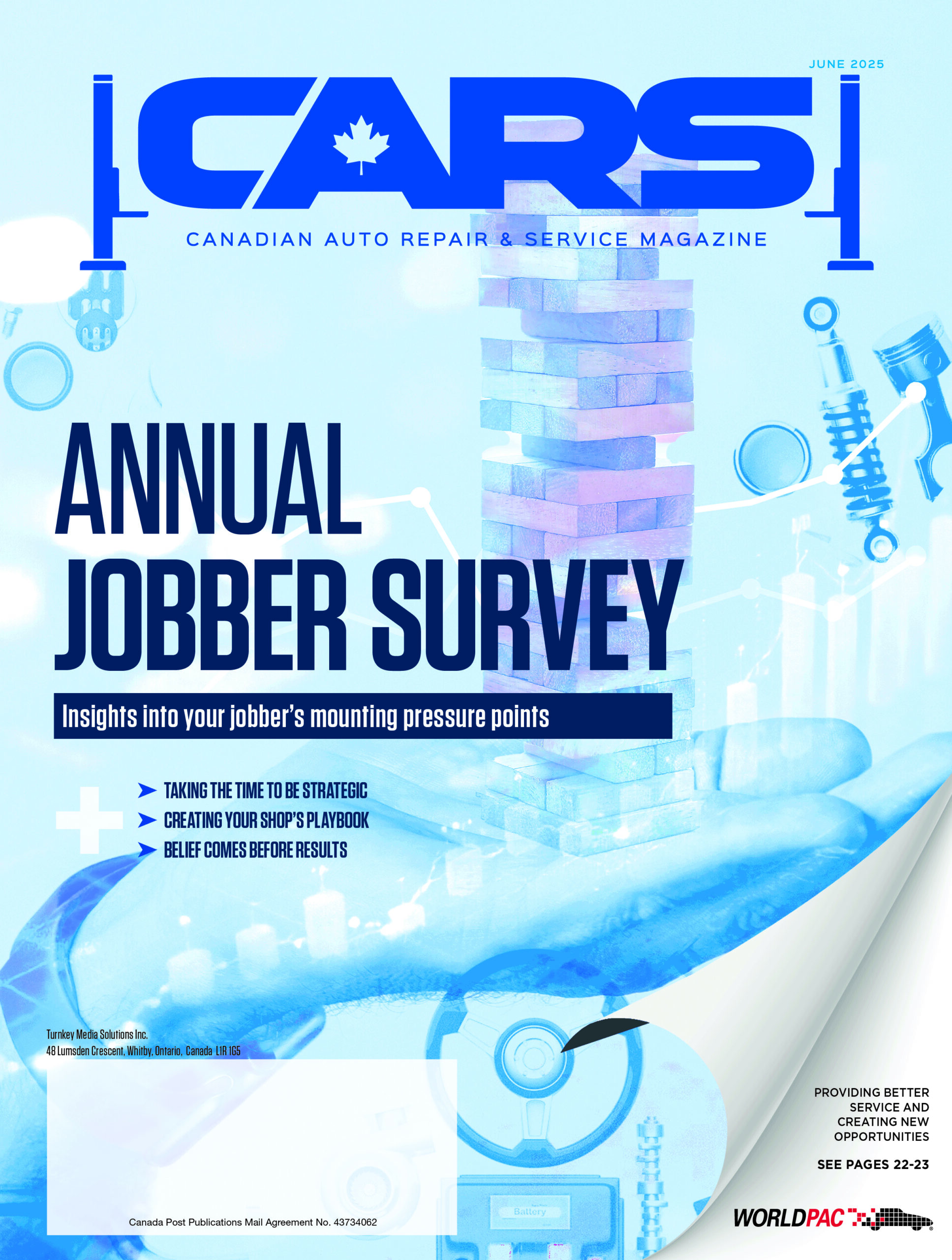

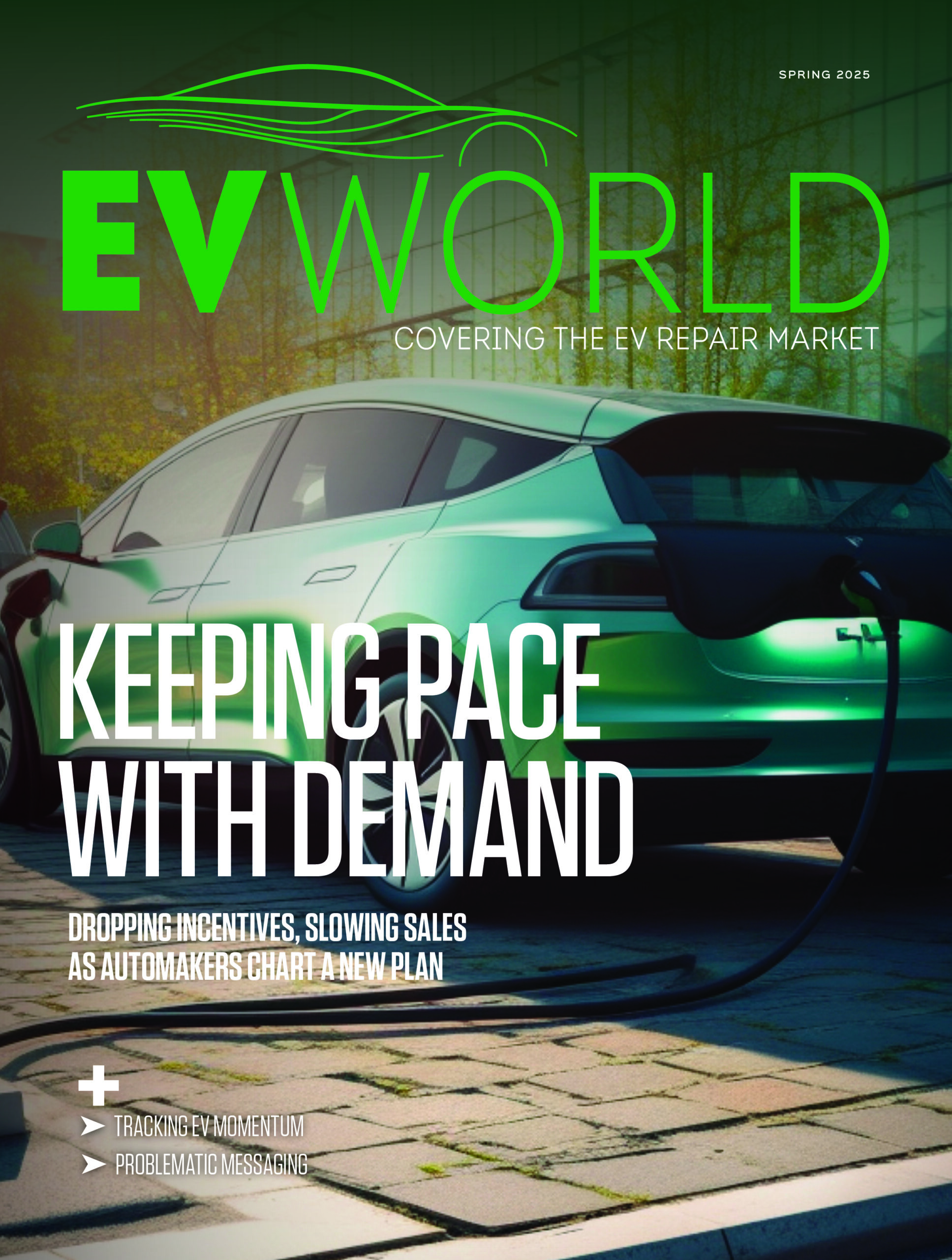


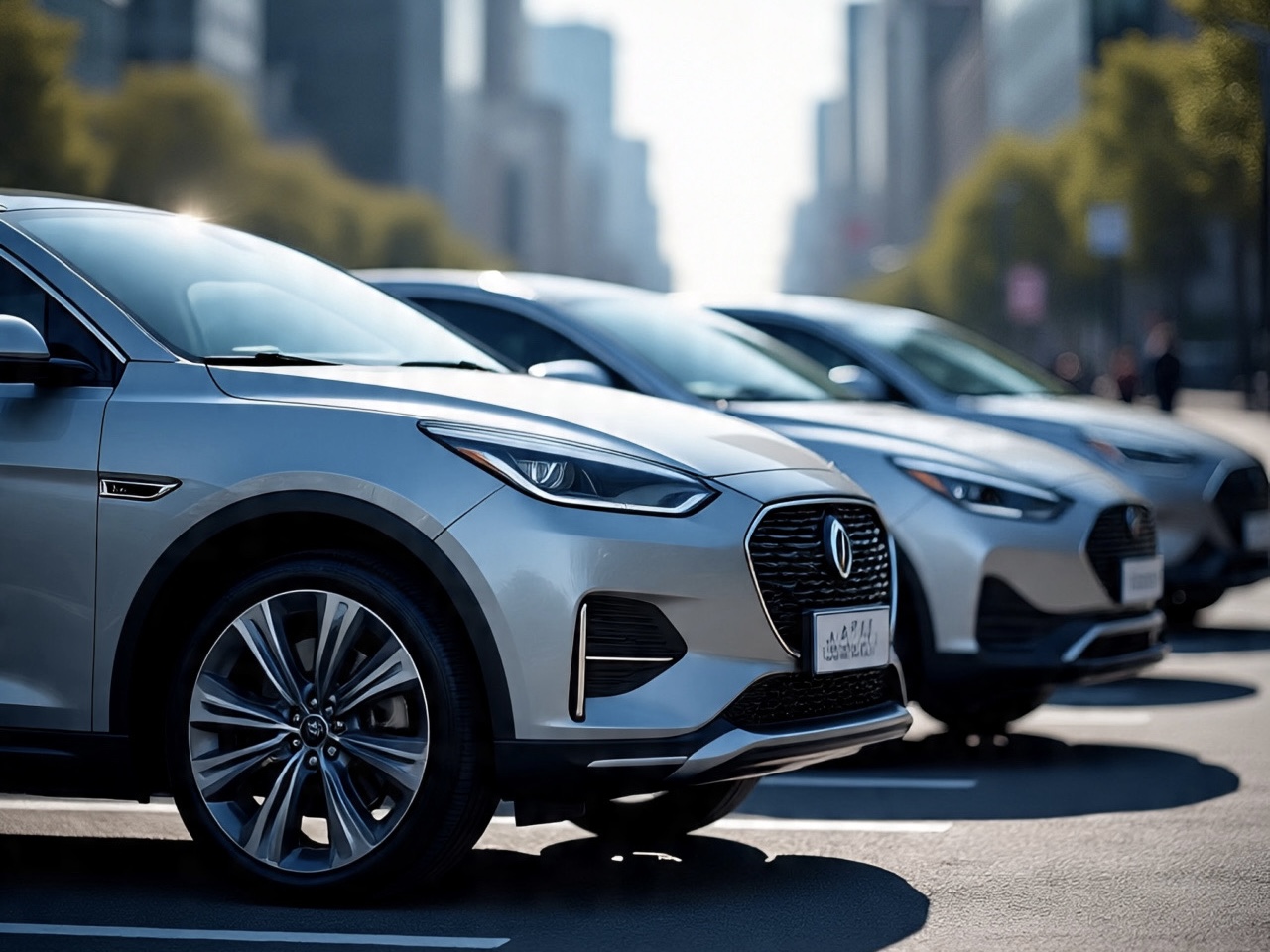
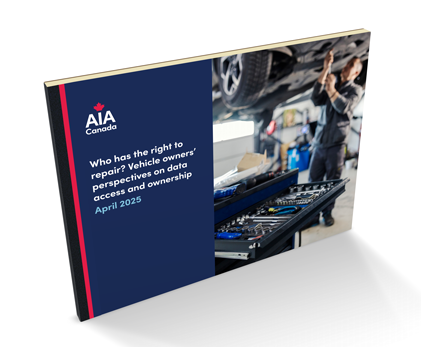



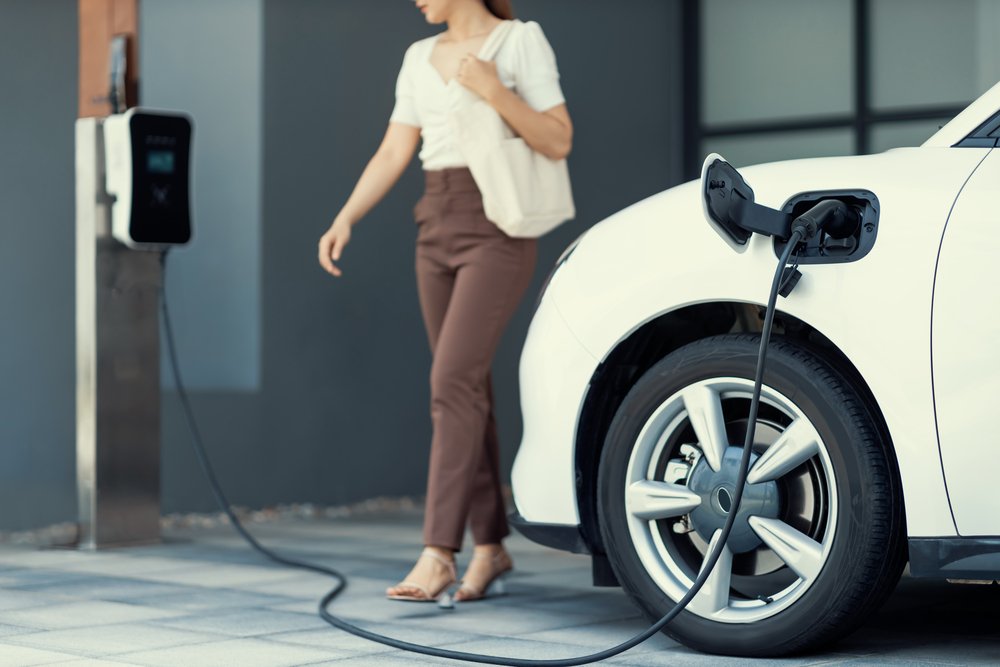

Leave a Reply